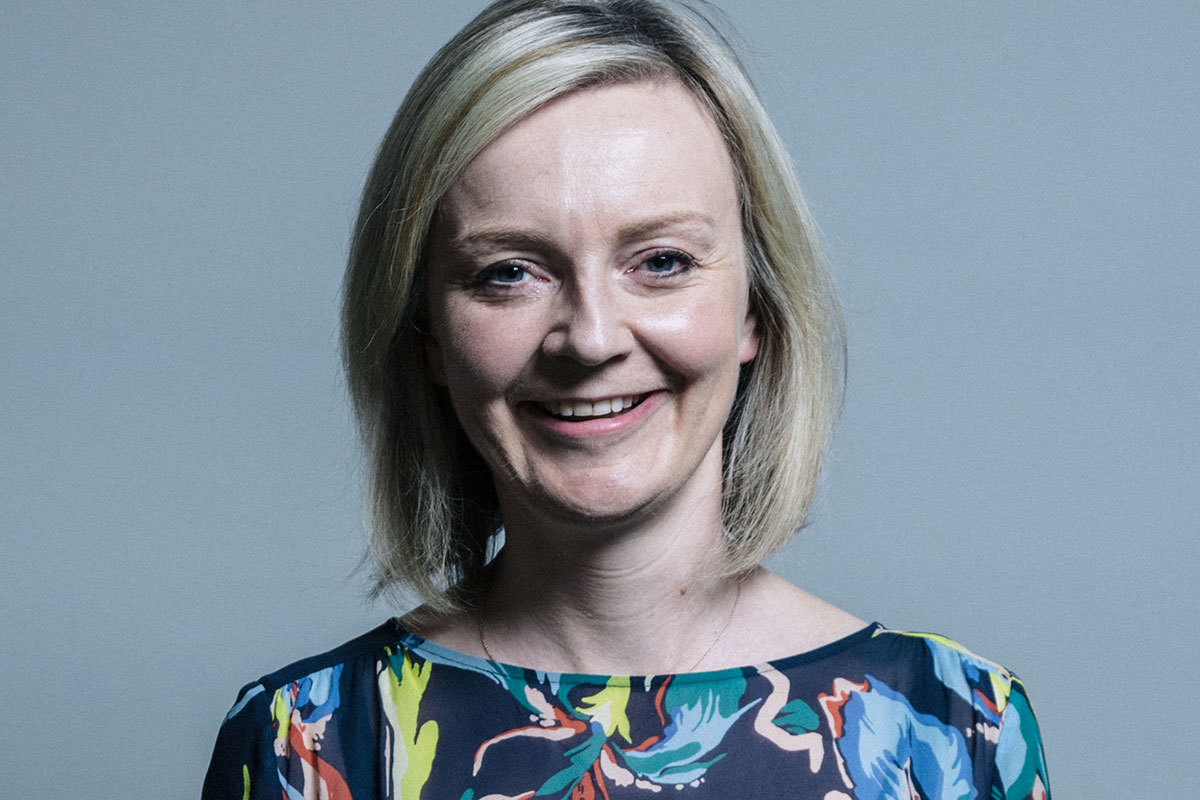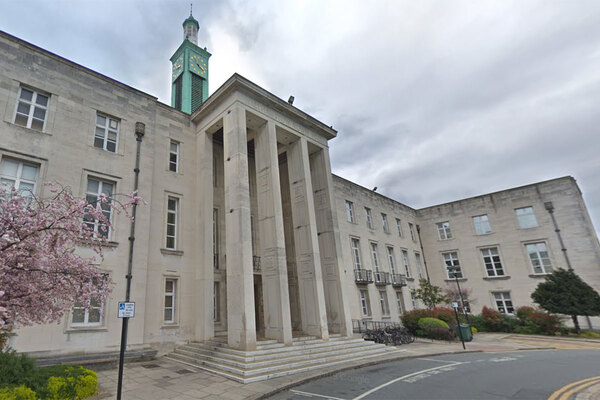
Nick Atkin is chief executive of Yorkshire Housing
More needs to be done to protect tenants from spiralling costs
The balancing act between social purpose and financial viability has never been more perilous. So, Nick Atkin asks, what should housing associations be doing to provide support for people on the lowest incomes, and what do they need from the new prime minister?
The general consensus was that the Titanic was unsinkable when it was launched. That’s probably one of the reasons it carried on despite knowing there were icebergs heading its way.
Right now, it feels like we’re on a similar journey. Instead of icebergs heading our way, we’re faced with rising inflation, soaring energy bills, and spiralling fuel and food prices. What lurks below the surface is the worst cost of living crisis in recent times.
We can see what’s coming, but what can we do to mitigate the impact it’ll have on millions of people across the UK?
With inflation already at a 40-year high and predicted to reach 13% by the end of the year, coupled with average energy bills increasing to the capped level of £2,500 per year, what can the housing sector do to support those on the lowest incomes? And what do we need from the new prime minister and her ministerial team?
Housing associations face a delicate balancing act. Our social purpose is what defines us. We exist to provide people on some of the lowest incomes with a high-quality, affordable home. To do this, the sums need to add up. Ultimately, there’s a bottom line, even if there is no requirement to make a ‘profit’ or satisfy shareholders.
The cost of living crisis represents a huge challenge for our tenants as well as our business models. The balancing act between social purpose and financial viability has never been more perilous.
Most housing associations provide a range of additional support services. At Yorkshire Housing we offer a money coaching service for customers. We’re seeing an increase in demand for support and have expanded the service to cope with a rise in calls.
Since April they’ve helped 446 customers secure £331,000 in unclaimed entitlements. Last year they enabled our customers to access more than £1m. It’s services like this that’ll be vital in the months ahead. That’s why we need to invest now to be ready for what’s heading our way.
“Investing in our homes as well as providing new ones is our bread and butter, but it’s becoming more expensive”
The government’s consultation on a rent cap highlights the tricky balancing act between what customers can afford and what allows us to continue with our investment plans.
Investing in our homes as well as providing new ones is our bread and butter, but it’s becoming more expensive. According to the Department for Business, Energy and Industrial Strategy, the cost of everyday building materials has increased by more than 25% over the past year. Add to this that month-on-month prices are increasing by 2.3%.
Those investment plans will be hugely important in the years ahead. We’re still facing a housing crisis, with more than one million families on waiting lists and homeownership now costing eight times the average UK salary. The cost of living crisis will pull more families into poverty and the demand for high-quality, low-cost housing will continue to grow.
So how can the sector respond? First, we need to identify those customers most at risk of spiralling costs. It’s not just those receiving benefits and pensioners. We’re seeing a huge impact on those who haven’t needed our help before – those people who are working but just can’t make ends meet anymore.
We need to be proactive and not wait for customers to contact us for help, but instead reach out and provide the advice and support they need but may not know exists.
We need to understand what impact the cost of living crisis will have on how our customers use their homes.
While the energy price cap is welcomed, it still represents an increase on what most people are currently paying, and for a number of people it is unaffordable. It is also just an average. For those living in energy-inefficient homes or those with larger families, the costs will be much higher.
We know that heating and ventilating homes is key to preventing damp and mould. But with record prices, many might choose to keep the heating turned off, leading to an increase in disrepair. That’s why we need a proactive approach whereby we identify homes most at risk of experiencing these problems.
“We need to be proactive and not wait for customers to contact us for help, but instead reach out and provide the advice and support they need but may not know exists”
There is also the human cost of what’s about to happen. Alongside the tidal wave of debt and money worries for customers, their mental well-being will be affected. Many of these services are already hard to access and the demand for such services is likely to grow at an alarming rate.
So, what do we need from our new prime minister? First, a longer-term commitment to deliver levelling up in action so towns and cities aren’t left behind. Levelling up has come to mean anything and everything. But it’s key to allowing people to live in great communities and to thrive – and as a sector we have an opportunity to turn this into practical solutions.
We also need a long-term national strategy to insulate homes. The government is considering a new £1bn scheme to insulate low-income households this winter. That would go some way to making homes warmer and cheaper to run. However, these things take time.
Time is no longer a luxury we have as we head into the ice fields of autumn. Those icebergs are already starting to form.
Nick Atkin, chief executive, Yorkshire Housing
Sign up for our daily newsletter
Already have an account? Click here to manage your newsletters












